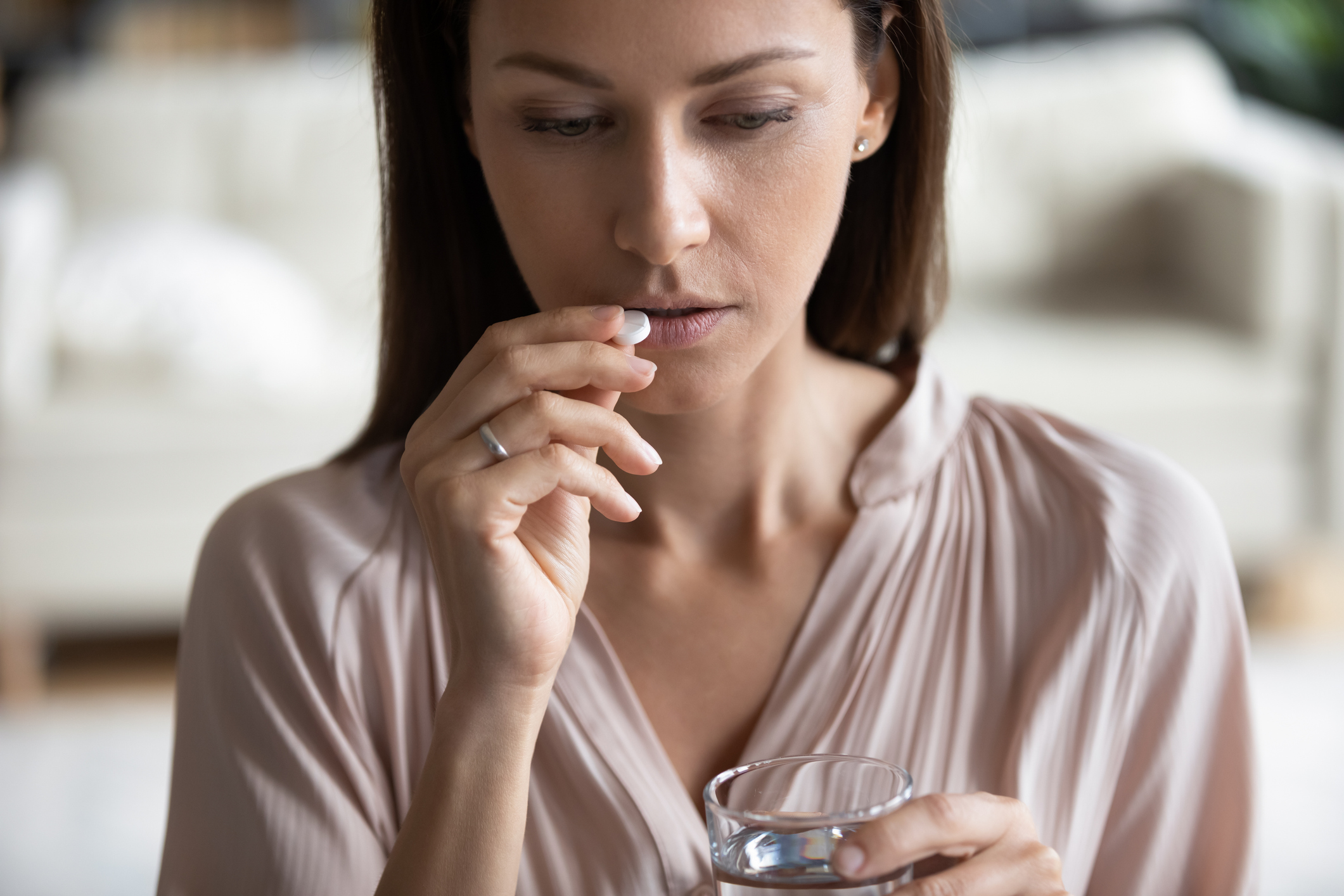Get Easy Health Digest™ in your inbox and don’t miss a thing when you subscribe today. Plus, get the free bonus report, Mother Nature’s Tips, Tricks and Remedies for Cholesterol, Blood Pressure & Blood Sugar as my way of saying welcome to the community!
How the medical community is making human guinea pigs of women

Let’s face it: women and men are very different creatures.
And while this should be an obvious fact, it often escapes the attention of a certain group that should realize it better than any other: the medical community.
Some of the biggest medical studies to date — responsible for public safety and medication and treatment protocols — have been conducted without a single female subject, leaving women open to dangerous side effects of drugs and death from other conditions.
Remember the campaign to improve driving safety using crash test dummies?
Research today shows that women are more likely than men to suffer serious injuries or death in car crashes. That’s largely because women have smaller and less muscular bodies, with different sex hormones which make their ligaments looser, leaving them more vulnerable to certain injuries — and because the crash test dummies were based on a man’s physique.
That’s just one example of the systemic bias that women have faced and still do when it comes to potentially life-saving research. But is that holding the medical community back from using medications and procedures designed for men on you?
Not at all — but with consequence…
Your medication was tested on a man
A 2020 study by the University of Chicago and the University of California, Berkeley suggests that women are being widely overmedicated — and suffering more side effects — because drug dosages are calculated based on studies done on predominantly male subjects.
The same study looked at more than eighty commonly prescribed medications, including Prozac and oxycodone, and found that women who are given the same dose as men experience side effects such as nausea, heart problems, headaches and seizures nearly twice as often.
This is because, at the same dose, women had higher concentrations of the drug in their blood, and it took longer for the drug to be cleared from their bodies.
“These drugs are optimized from the beginning to work on male bodies,” said Prof. Brian Prendergast, a UChicago psychologist and co-author of the study. “We need to immediately reevaluate the widespread practice of prescribing the same doses to men and women.”
Heart disease is the biggest concern
Men and women experience heart disease differently. Women have different symptoms and require different diagnoses and treatments.
Just as an example, there are important differences in the cardiovascular systems of women. Compared to men, women have smaller hearts and blood vessels that are more narrow.
“Because of these biological differences, heart disease can progress differently in women when compared to men,” says Dr. Michelle O’Donoghue of Brigham and Women’s Hospital in Boston.
Research by the American Heart Association shows that, compared with men, women face a 20 percent increased risk of developing heart failure or dying within five years after their first severe heart attack.
Yet a 2020 study found that in a decade’s worth of cardiovascular studies, only about 38.2 percent of subjects were women.
What does this mean for women?
Women have universally faced gender bias from their own doctors. So it’s not that surprising that we’ve been left out in the cold when it comes to research as well.
In a way, women have been treated like human guinea pigs. Research using male subjects is being put to practice on us every day — where only scientific outcomes were measured in men.
What can you do? In a word (or two): get involved.
The American Heart Association’s Research Goes Red initiative gives women a way to contribute to research in the area of cardiovascular health.
By joining, you can contribute through clinical research, surveys and focus groups, only participating in the ones that interest you. You’ll help other women and learn something about your health at the same time.
And stand your ground for every single doctor visit you have. According to Dr. Jennifer Wilder, a nationally renowned women’s health expert and the spokeswoman for the Society for Women’s Health Research, women are still facing health discrimination today based on sexist misconceptions.
That means using your voice to get the healthcare you need is a must. You know your body better than anyone. If you have side effects from a medication, push your doctor to be sure the dosage is appropriate. Get second opinions. Your health is too important to be dismissed.
Editor’s note: There are perfectly safe and natural ways to decrease your risk of blood clots including the 25-cent vitamin, the nutrient that acts as a natural blood thinner and the powerful herb that helps clear plaque. To discover these and other secrets of long-lived hearts, click here for Hushed Up Natural Heart Cures and Common Misconceptions of Popular Heart Treatments!
Sources:
Women are overmedicated because drug dosage trials are done on men, study finds —University of Chicago News
Sex differences in pharmacokinetics predict adverse drug reactions in women — Biology of Sex Differences
Research Highlights Lack of Women Included in Cardiovascular Studies — Everyday Health
Women’s Participation in Cardiovascular Clinical Trials From 2010 to 2017 — Circulation
Heart Disease: 7 Differences Between Men and Women — Brigham and Women’s Hospital













